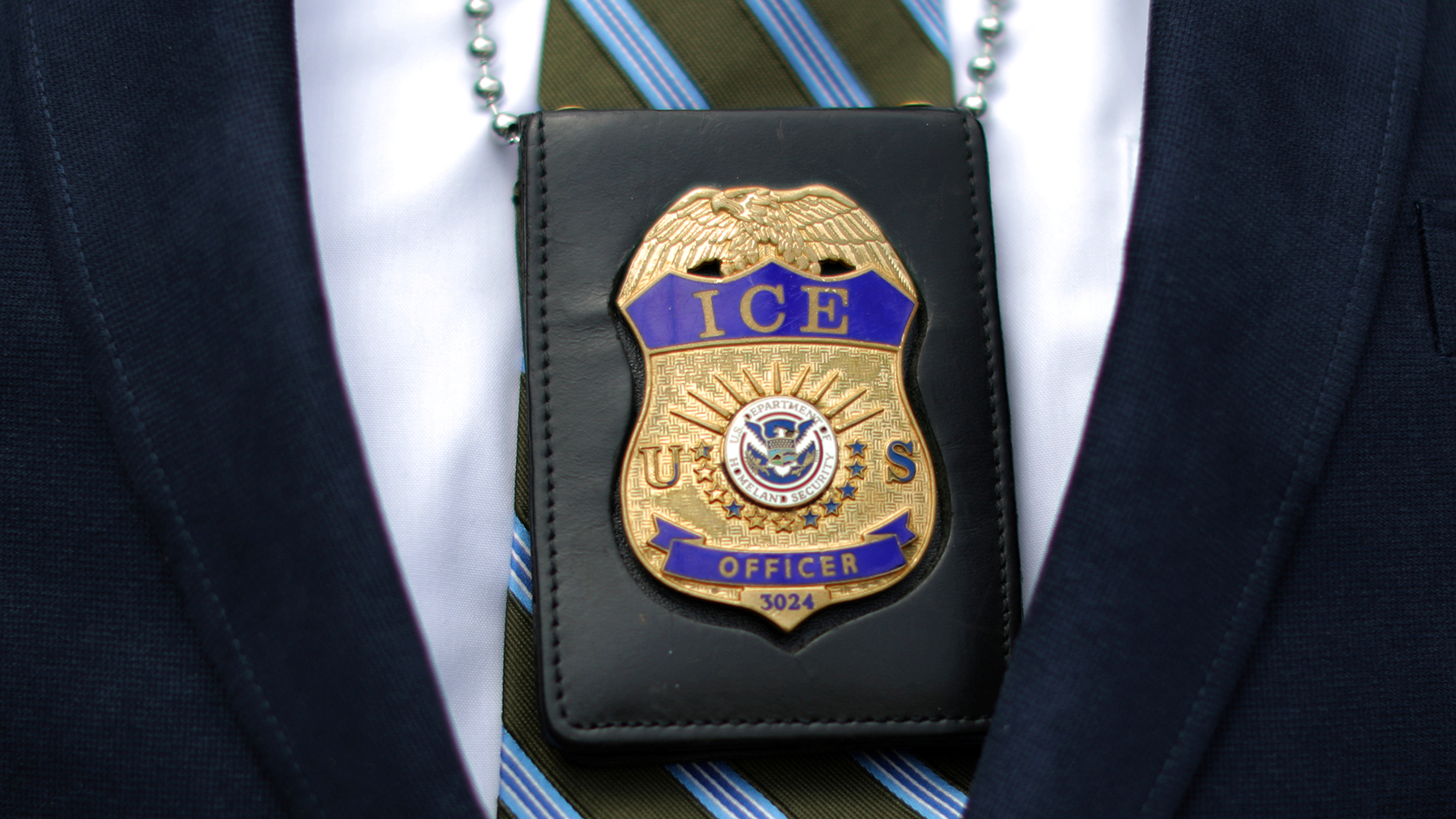The SPLC today sued two federal agencies that operate under the U.S. Department of Homeland Security (DHS), for failing to provide public documents detailing their unconstitutional methods of arresting and detaining immigrants in Florida.
In one of the two complaints, the SPLC sued U.S. Immigration and Customs Enforcement (ICE) for failing to provide records describing ICE’s “Basic Ordering Agreements” with 17 Florida sheriffs. The agreements detail the ways in which sheriffs hold immigrants in their custody – people who are otherwise eligible for release – until ICE can detain them for immigration issues.
The other complaint, against U.S. Customs and Border Protection (CBP), is for that agency’s failure to provide documents detailing the way in which it arrests and detains immigrants on interstate buses and at bus stops.
The SPLC filed both lawsuits today after ICE and the CBP failed to provide the documents in response to two Freedom of Information Act (FOIA) requests. The SPLC filed each request more than five months ago. FOIA is a federal law that allows members of the public to request and receive documents that detail government activities. Both lawsuits also name the DHS as a defendant.
“The public has a right to know how our local and federal resources are being used, and whether they are being used in compliance with the Constitution,” said Sarah Rich, staff attorney for the SPLC. “We want details on whether ICE is working with local sheriffs to hold people in jail without a legal basis, and whether the CBP is arresting people on buses and at bus stops without probable cause, in violation of the Fourth Amendment. These activities have nothing to do with keeping our communities safe, but they are consistent with the Trump administration’s cruel and heartless crackdown on immigrants.”
According to an ICE press release issued in January, the 17 counties participating in the partnership will enter into Basic Ordering Agreements with ICE, under which the counties will hold individuals who are suspected of being deportable for a 48-hour period. Then ICE would reimburse the counties for the cost of detaining the immigrants. An additional Florida county recently joined the pilot program, bringing the total to 18.
Federal courts across the country have concluded that local enforcement of immigration detainers is unconstitutional.
Also in January, multiple media outlets, including the Miami Herald, reported that CBP agents had been captured on video conducting searches and questioning passengers on Greyhound buses in the Florida cities of Fort Lauderdale and Tampa. Several people were taken into custody as a result of the searches. The CBP acknowledged in a statement that these activities were related to its enforcement of immigration laws.
The CBP has failed, however, to provide incident reports, arrest reports, immigration arrest warrants, body camera footage, and other records that the SPLC has requested in connection with those activities.



